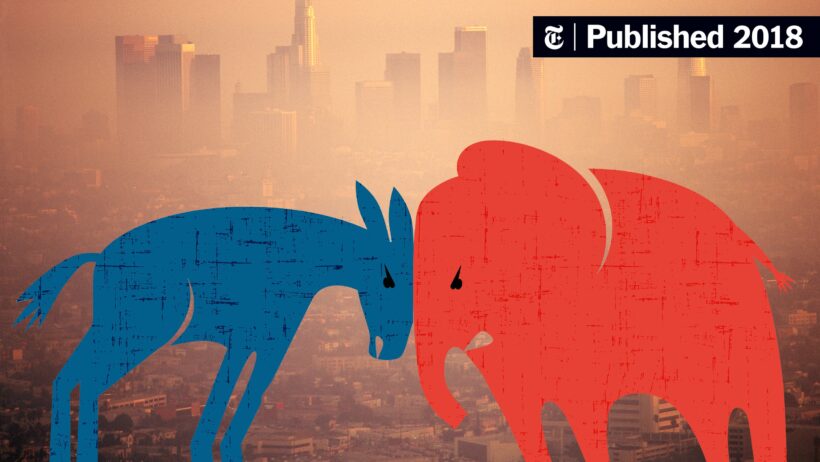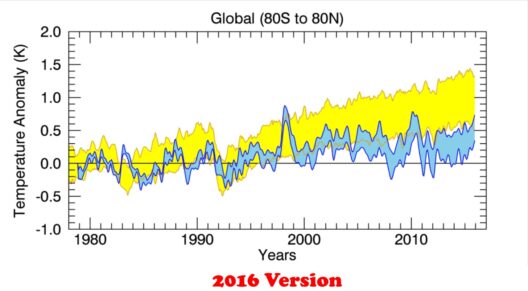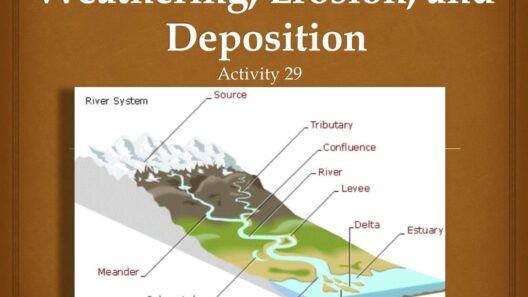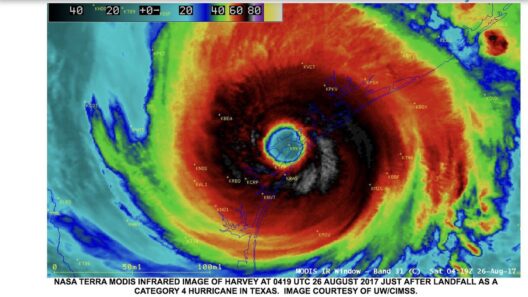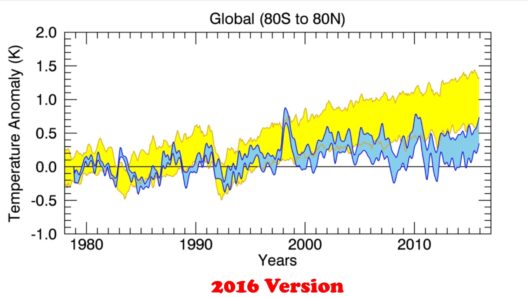Climate change has become an increasingly salient issue in contemporary political discourse, capturing not only the attention of environmental advocates but also the curiosity of the general populace. Among the many facets of this discussion, the stance of Republicans towards climate change remains particularly intriguing. The question of what percent of Republicans believe in climate change offers a lens through which one can examine the intricate interplay between political ideology and environmental policy. This exploration leads to a deeper understanding of how climate belief intersect with party identity, regional variance, and evolving perceptions.
The reality is that belief in climate change among Republicans has shifted over time. In the early 2000s, environmentalism was often framed as a partisan issue, with Republicans largely dismissing climate science. However, recent polling data indicates a notable transformation. As environmental catastrophes become more frequent and visible, the percentage of Republicans acknowledging climate change has incrementally increased. This varies, of course, depending on the specific survey and methodology used. Some polls suggest that as many as 50% of Republicans now accept that climate change is occurring and can be exacerbated by human activities.
This evolving belief system can be attributed to several factors. First and foremost, the growing prominence of climate change in mainstream media has led to greater awareness. With reports of wildfires, hurricanes, and rising sea levels dominating news cycles, even those inclined to skepticism can no longer ignore the implications of such phenomena. For many Republicans, personal experiences with extreme weather may have catalyzed a shift in perspective. When your community experiences unexpected flooding or scorching heat waves, it instills a sense of urgency regarding climate issues.
Another significant influence is the role of younger generations within the Republican Party. As millennials and Generation Z begin to engage with the political process, their firm stance on climate issues may inspire a re-evaluation among older party members. Younger Republicans often prioritize sustainability and environmental integrity, reinforcing the idea that climate action is not merely a Democratic platform, but a bipartisan necessity. This generational dynamic hints at a potential realignment of party ideology in the years to come.
Regional differences also play an essential role in shaping beliefs about climate change within the Republican base. For instance, Republicans hailing from coastal regions may exhibit different attitudes compared to those from the central United States or the Midwest. The former are more likely to experience the direct consequences of climate change, such as rising sea levels and altered fishing patterns, thus fostering a more accepting view of climate science. Conversely, those in less vulnerable areas may retain a more skeptical approach, often influenced by local political rhetoric and economic concerns surrounding fossil fuel industries.
Furthermore, the economic implications of climate change and environmental policy cannot be overlooked. The fossil fuel industry remains a significant financial backbone for many Republican constituents. As a result, structural economic interests can clash with environmental concerns, complicating the party’s narrative on climate issues. However, a growing number of Republicans are beginning to recognize that innovation in green technology presents a myriad of opportunities for job creation and economic expansion. This realization may lead to a recalibration of party beliefs, emphasizing a form of climate advocacy that aligns with traditional Republican values of entrepreneurship and limited government intervention.
In addition to these factors, the role of influential political figures within the party should not be underestimated. Prominent Republicans who have publicly acknowledged the importance of climate change can sway public opinion among their supporters. Awareness campaigns led by such figures foster a discourse that can bridge the partisan divide, potentially reframing climate change as a shared concern rather than a divide-and-conquer issue. Interventions from conservative organizations advocating for environmental initiatives are also critical, as they can present climate action as a moral imperative consistent with conservative principles.
Moving forward, the question remains: how can the Republican Party reconcile climate change with its foundational tenets? A fruitful approach may involve framing climate action as a matter of national security or economic competitiveness. Positioning environmental policies as investments in infrastructure and innovation will likely resonate more soundly with a Republican base that prioritizes pragmatism over ideology. Engaging constituents in discussions about alternative energy sources and responsible stewardship of natural resources can foster a more profound commitment to climate action.
Ultimately, the trajectory of Republican belief in climate change will be shaped by a confluence of factors including media portrayal, generational shifts, regional vulnerabilities, and economic incentives. As public dialogue evolves, it will be essential to navigate these complexities delicately. The growing acceptance of climate change among Republicans is not merely a reflection of belief systems but an intricate tapestry of personal experiences, economic aspirations, and political narratives.
As society collectively grapples with one of the most pressing challenges of our time, understanding the nuances of political perspectives on climate change is vital. Acknowledging the variants within Republican beliefs not only fosters a more inclusive dialogue but also paves the way for collaborative action towards sustainable solutions. In the final analysis, bridging political divides is crucial for developing consensual strategies that will safeguard the future of our planet.



